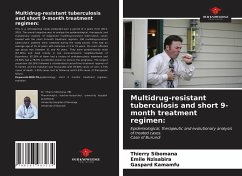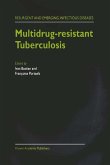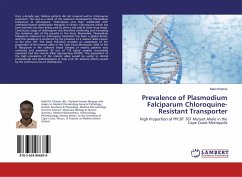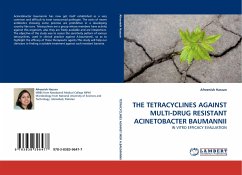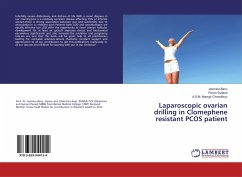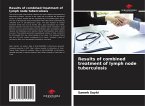This is a retrospective study conducted over a period of 4 years from 2013-2016. The overall objective was to analyze the epidemiological, therapeutic and evolutionary aspects of diagnosed multidrug-resistant tuberculosis cases treated with the short 9-month treatment regimen. 190 multidrug-resistant tuberculosis patients were collected during the study period. They had an average age of 35.12 years with extremes of 3 to 79 years, the most affected age group was between 21 and 40 years. They were predominantly male (67.36%) and lived mostly in low socio-economic neighbourhoods of Bujumbura. 85.26% of them had a history of antituberculosis treatment and 23.68% had a TB-HIV co-infection known to worsen the prognosis. The largest proportion (95.26%) followed a standardised second-line treatment regimen of 9 months and the evolution was favourable with 93.68% cases of cure, 4.74% cases of death, 1.05% cases lost to follow-up and 0.53% cases of therapeutic failure.Keywords:MDR-TB,epidemiology, short 9 months treatment regimen, evolution
Bitte wählen Sie Ihr Anliegen aus.
Rechnungen
Retourenschein anfordern
Bestellstatus
Storno

